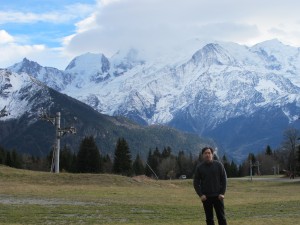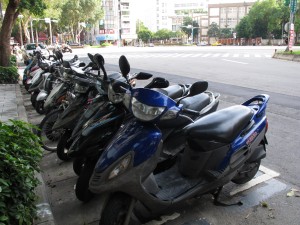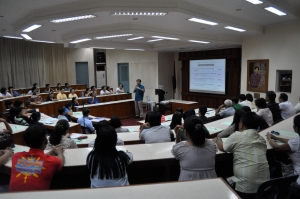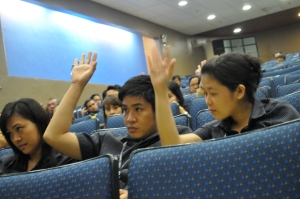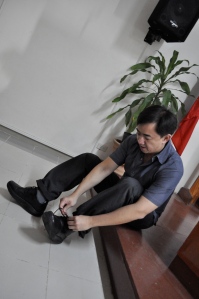One of my research questions has to do with what sociologists call “religiosity.” An instrument developed by Gottlieb (2007) assesses the following five measures of religiosity: religious self-identification (“How religious are you?”), religious beliefs (i.e., in God’s existence and the afterlife), religious practices, religious values, and religious background. The problem with the questionnaire is that there are only ten items designed to measure the above, resulting in an average of two items per measure. Read More »
Tags
absolutist academic writing aesthetics Andrew Wright Ateneo de Cebu Ateneo de Naga authority Barbara Kamler Bentz Canberra Catholic Catholic education Certainty Knowledge Chan & Elliot commitment within relativism confessional decidability directive teaching epistemological beliefs epistemology evaluativist evidence Expert Authority fallibilist fallibility Gerald Grace globalization Gottlieb grounded theory Hofer Hofer & Pincher Ian MacMullen infallibilist Innate/Fixed Ability intellectual work IoE judgment domains justification Katsana King & Kitchener Kuhn Kuhn & Park Learning Effort/Process metaphor Michael Hand Moshman multiplicist NIE non-directive teaching non-rationalist objectivist Ondoy ontology opinion personal tastes perspectivist phenomenological physical truths possibility-of-truth claim rationalist realist Reflective Judgment Model relativism religious beliefs Religious Education Robert Jackson Sacred Heart School scholarly practitioner Schommer secularism socialization social truths subjectivist values Xavier University


